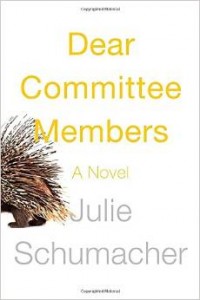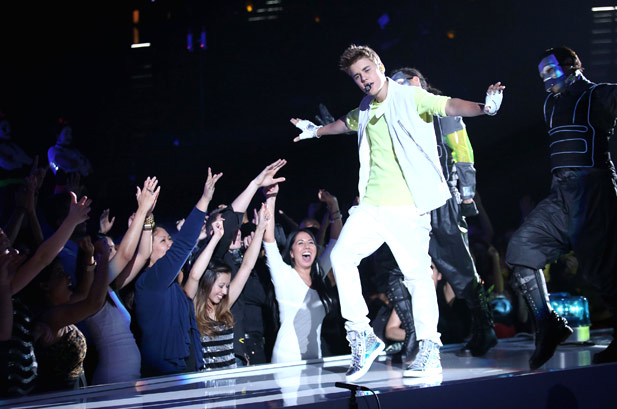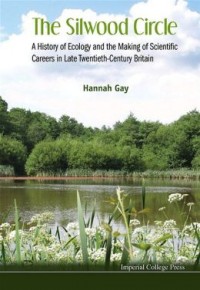I was in Scotland last week, staying with one of my former students, her husband and her three adorable children (6, 3, 1.5 y.o.). Becky went into banking after she finished her PhD over a decade ago. For those who do mouse malaria, Becky is the Timms of Timms et al. We got to talking, and this is what Becky wrote…
So, imagine this, you are part way through your PhD or postdoc and you are thinking about what you will do next. It might be more of the same, a move to a different research area, or a move out of academia. This is something all junior researchers face. In my particular case, towards the end of my PhD I didn’t have any firm ideas. I wasn’t sure if I was going to stay in science. Or, if leaving science would feel like a failure. Or, now I am recalling this, if I would ever finish my bloody PhD. But what I can share if you are in a similar position is that you have options. Quite exciting ones in fact. And your experiences are developing skills that are wonderfully valuable whether or not you stay in science. At the request of Andrew, I am going to share my personal story and 8 Points that I would have found helpful back then.
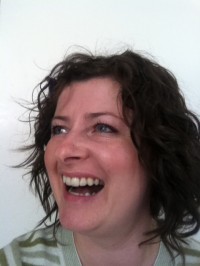 Some of you may have heard of me via lab group meetings, but for the others, let me introduce myself. I did a PhD with Andrew way back in 2001 in Edinburgh. Thesis title: The Evolution and Ecology of Virulence in Mixed Infections of Malaria Parasites. At the time, I obviously spent rather a lot of effort thinking about, and doing, the work that went into my thesis. Just now, I had to look up the title. Even I am slightly shocked by this – all the blood, sweat and tears, and I can’t recall the exact title?! Point 1: the work that you obsess about today may fade as it becomes less relevant, however your skills are transferable.
Some of you may have heard of me via lab group meetings, but for the others, let me introduce myself. I did a PhD with Andrew way back in 2001 in Edinburgh. Thesis title: The Evolution and Ecology of Virulence in Mixed Infections of Malaria Parasites. At the time, I obviously spent rather a lot of effort thinking about, and doing, the work that went into my thesis. Just now, I had to look up the title. Even I am slightly shocked by this – all the blood, sweat and tears, and I can’t recall the exact title?! Point 1: the work that you obsess about today may fade as it becomes less relevant, however your skills are transferable.
At the end of my PhD I became a banker. Now there’s a modern-day swear word! I made a very difficult decision to leave academia. And a (general linear model free) analysis of my skill set was a large part of this. Now, perhaps this sounds easy to you? It was awful: I am British; I am a woman; and, despite outward appearances, I was not very confident. These three conditions made it somewhat challenging to catalog my skills (am I good at X? Well not as good as they are….). Point 2: this exercise is not about saying what you are best in the world at. Just what you are good at. I found it helpful to compare my current day skills to those that I had when I was 16.
So what transferable skills do you develop in research that can help you in your career outside academia? I will assume you are mid-PhD like I was.
Straight up with Point 3: completing a PhD gives you confidence and an edge. Let’s face it, following many iterations of selection, the folks around you are fairly bright. Possibly among the brightest in society. That can ruin your confidence and make you feel stupid at times. But remember, you are part of that peer group and have been through similar rounds of selection. You many not feel it at the time but, being objective, and on reflection, you are also quite clever. There, I’ve said it. This is a wonderful, beautiful revelation and you can guard your secret if you wish, but even if you never tell anyone, you carry this knowledge in your heart. And, more importantly, consciously or otherwise, in your behaviours. This will get you noticed. I’ve met a lot of very clever people in the business world. But none of them have been cleverer than some academics I know. And when I talk to these business people, they are consistently impressed and interested in hearing that I have a PhD. This is a great conversational aid and can help you hugely with networking (I might include networking as another Point, except that I didn’t learn how to do it properly until very recently – of course, you might not take as long as me to learn this and I have some helpful tips if you are interested).
Another skill, that is easy to trivialise, is that you will be quite an expert in Microsoft office software such as PowerPoint, Word and Excel etc. Having software skills is expected, but don’t underestimate how helpful these can be – I have helped many people who have in turn helped me out with something. Point 4: being personable, eliciting favors and learning from others is the quickest way to get on top of a new job.
Point 5: giving lab group meetings, departmental seminars, and conference talks means that you are pretty damn good at giving presentations and communicating difficult ideas to an audience that can be either more expert than you, or new to the material. This is very useful at interview, and essential in your business role. Being able to clearly communicate with people is the key skill in business in my view (with networking being a close second). And the audience will never be as scary.
You already are, or at the very least are mid journey into becoming, a magnificent critical thinker (Point 6). All the literature reading, scientific debates with your mates, and those bruising challenge sessions with Andrew has sharpened your thinking. Once dissecting arguments and data sets becomes second nature, you are onto a winner that will help you cut through to the core of issues and work out the solution.
Point 7: you write beautifully, or you will by the time you have written up your PhD with Andrew.
I’m sure we all agree that science is a glorious pass time and a thrilling day job. But it can also be a curiously perverse and sadistic sort of job with endless rounds of disappointment and rejection: ideas can be complex and difficult to understand; experiments go wrong; results don’t turn out as expected; papers get rejected; grants get knocked back. It is compounded by the fact that we tend to be consumed by research and live and breathe it, which makes it feel all the more personal when it goes badly. Still, Point 8: all this adversity builds your resilience. Resilience is the new buzz word in the banking world as we grapple with rebuilding our reputation following us becoming public enemy number 1.
Finally, your key weapon is a nuance of Point 3, which was about confidence arising from overcoming something that you personally aspire to achieve – completing your PhD (or why else would you be doing this). The twist on this is that once you complete it, you have had the ringing endorsement from one of the sharpest thinkers I have come across. Someone who motivated and inspired, no inspires, me. You have the fortune to be working with the amazing Andrew Read. Treasure your time in his care, I miss him. [ok, editorial Andrew here: I did not write this, honestly]
My take home message after all this reflecting is that I was a fairly average PhD student, but I have gone on to have a rewarding and satisfying career in a completely new field. I used to find the business world a little intimidating – money and power are irresistible to many, and so you would have to be brilliant to succeed wouldn’t you? What I have learnt is that I was mistaken. If I can do this, then it is not beyond the wit of you too.
p.s. Andrew has my contact details and permission to pass them onto you if you want to follow anything up.
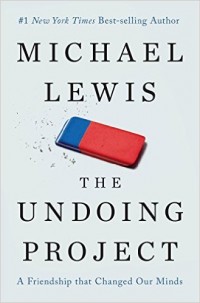 I just finished reading The Undoing Project by Michael Lewis. He’s the guy who wrote Moneyball and The Big Short, riveting books about the arcane subjects of choosing baseball players and the subprime crash of 2008. This latest book is even better. The Undoing Project is one of the best science books I have ever read. It has fascinating science as well as love, obsession, envy, triumph, failure, self-doubt, arrogance, humility and war. It’ll make a fantastic movie and might do more than even The Double Helix to explain to non-scientists how science gets done — and how it is such a human endeavor.
I just finished reading The Undoing Project by Michael Lewis. He’s the guy who wrote Moneyball and The Big Short, riveting books about the arcane subjects of choosing baseball players and the subprime crash of 2008. This latest book is even better. The Undoing Project is one of the best science books I have ever read. It has fascinating science as well as love, obsession, envy, triumph, failure, self-doubt, arrogance, humility and war. It’ll make a fantastic movie and might do more than even The Double Helix to explain to non-scientists how science gets done — and how it is such a human endeavor.
